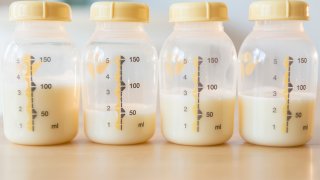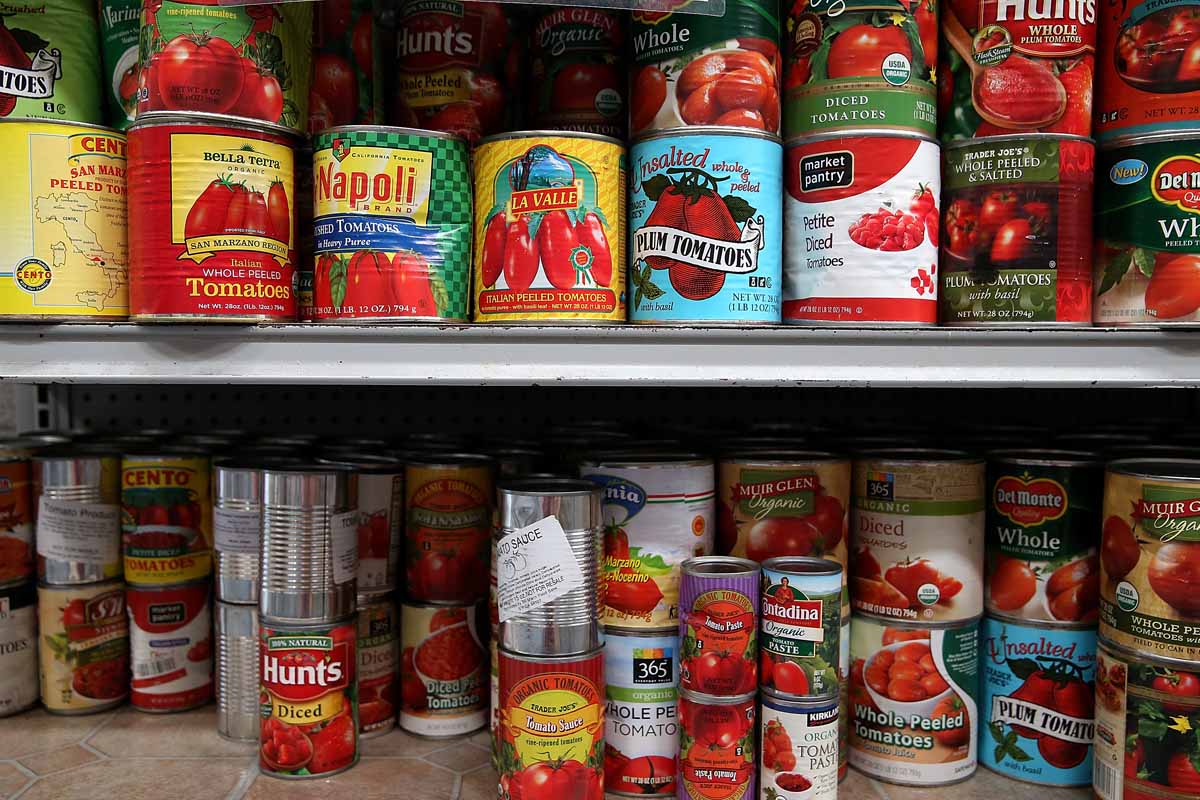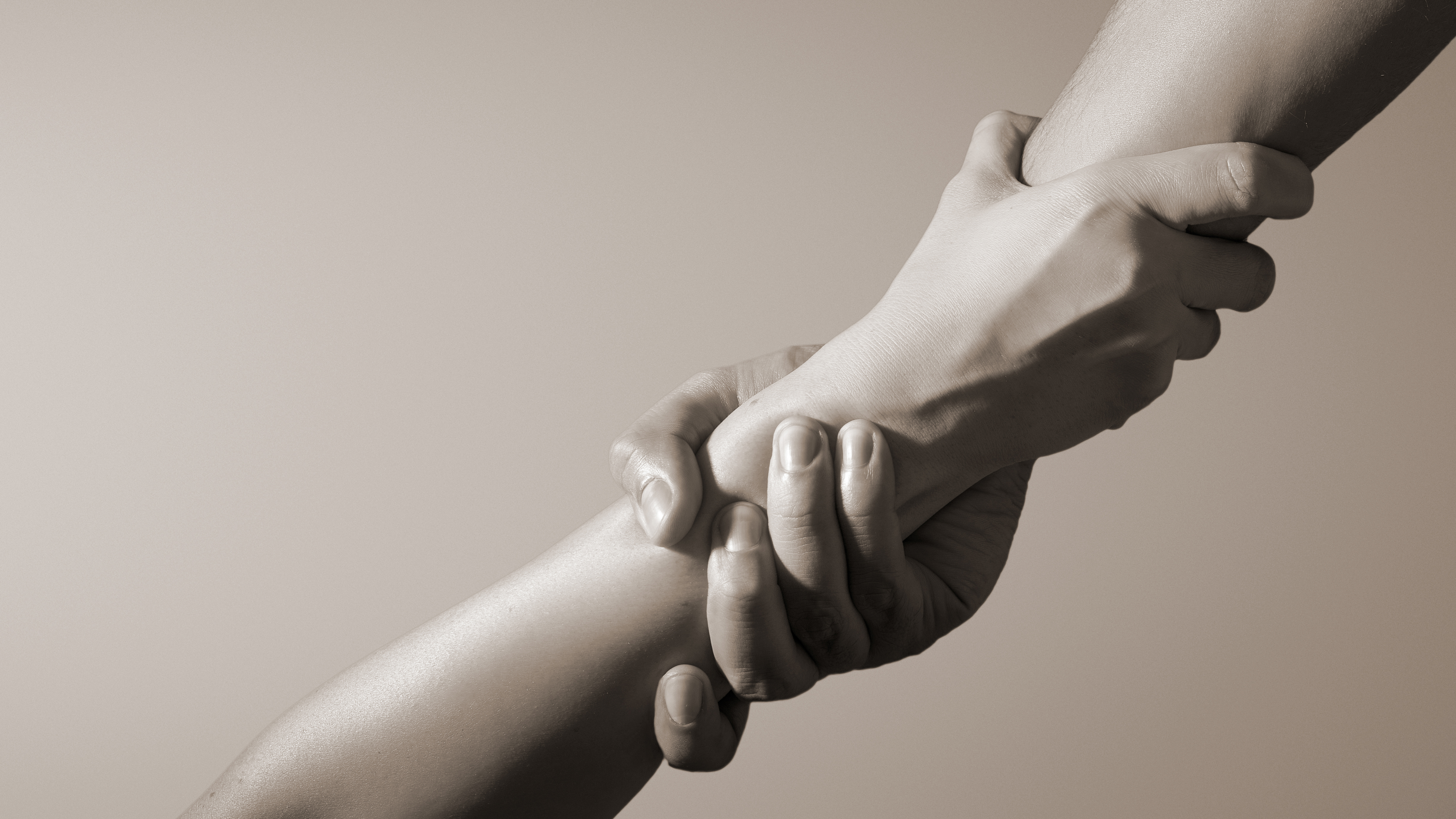
University of California Health began a mothers' milk bank operated by UC San Diego Health, located at the San Diego Blood Bank to help improve the lives of newborns, infants and their families, it was announced Thursday.
The University of California Health Milk Bank is the second in California to be accredited by the Human Milk Banking Association of North America and the only milk bank in the nation that is part of a health care system.
"A mothers' milk bank is such an important resource for our communities," said Dr. Carrie Byington, executive vice president of University of California Health and a pediatrician and infectious disease specialist. "Mother's milk is critical for the growth and development of infants, and it protects them from infection."
Helping Others
What you can do to help fellow San Diegans.
"Having mother's milk is an investment in the long-term health of these very fragile infants. This is just the kind of innovation our academic health system can undertake to support the health of infants. In addition to providing a lifeline through donated breast milk to babies in need, we will also educate, support and empower families about infant nutrition," she said.
UCH has active maternity and neonatal programs at its academic health centers, including its children's hospitals. Pasteurized, donated breast milk is used for feeding sick and premature infants when mothers do not have a sufficient milk supply for their baby's nutritional needs.
Improving the lives of fragile babies is a key focus for Dr. Lisa Stellwagen, executive director and medical director for the UCH Milk Bank.
Stellwagen, who also is a professor in the department of pediatrics at UCSD School of Medicine, has years of clinical and academic experience, with an expertise in milk banking, infant nutrition, breast milk feeding and medical care of newborns.
"California has high rates of breastfeeding, but there is a huge distribution problem that has resulted in shortages of pasteurized donor milk for ill or premature infants," Stellwagen said. "More than a decade of scientific evidence has shown the important benefits of mother's milk for the smallest infants. That's why having access to donor milk is so crucial especially for NICUs, which are caring for the most fragile babies."
A milk bank accepts and processes donations to provide safe, pasteurized human milk product for hospitalized and/or fragile children. Healthy breastfeeding or pumping mothers are welcome to contribute to the University of California Health Milk Bank. Milk donors must complete a questionnaire, are tested before donation and have 100 ounces or more of extra frozen milk. The milk is also tested and processed using laboratory practices.
A recent study conducted by researchers at UCSD School of Medicine and UCLA suggest the virus that causes COVID-19 does not appear to be transmitted through breast milk. The researchers also added the virus into milk from two donors who were not infected and then pasteurized it. They found no virus survived the heating process, demonstrating the safety of pasteurized donor milk.
"We are deeply committed to providing patients with access to comprehensive care, and the service provided by the milk bank will enable us to further fulfill that commitment," said Patty Maysent, CEO of UCSD Health. "The impact to families will be tremendous and reflective of our mission and vision to deliver outstanding patient care and create healthier lives."
The UCH Milk Bank expands the services of a previous, smaller program at UCSD Health. Hannah and Zach Johnson supported the original program and helped fund the expansion with a $4 million donation. Additional financial support has come from Genevieve Tremblay Jacobs and Paul Jacobs, among other donors.
"Our passion for this project came from recognizing how many health issues can be linked back to childhood nutrition and how improvements early on can really impact the lifelong health of people in our community," Hannah Johnson said.



